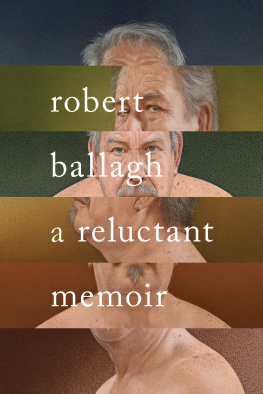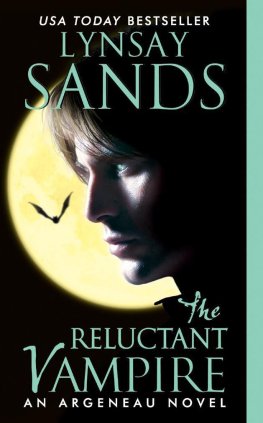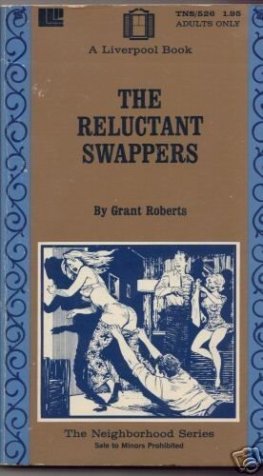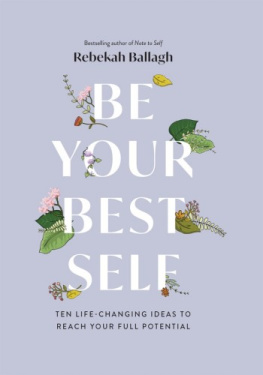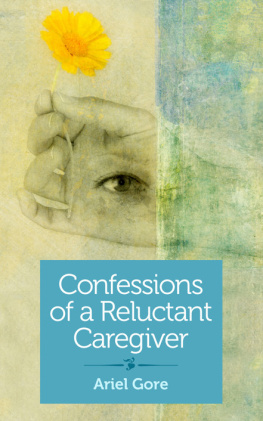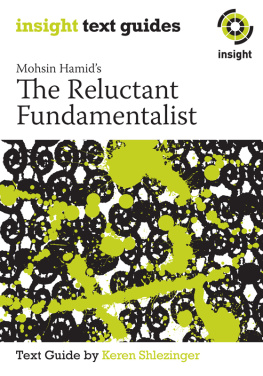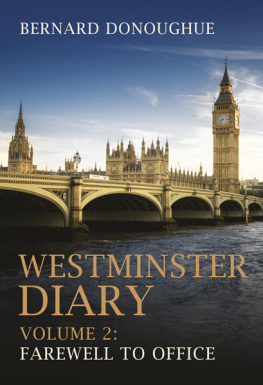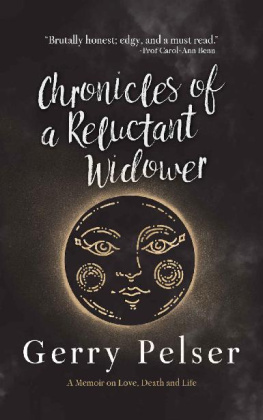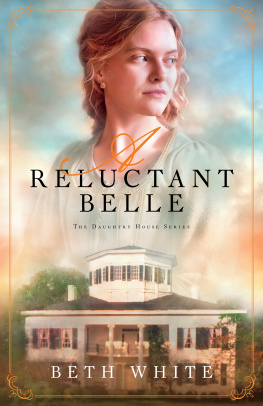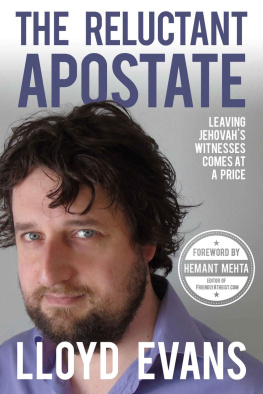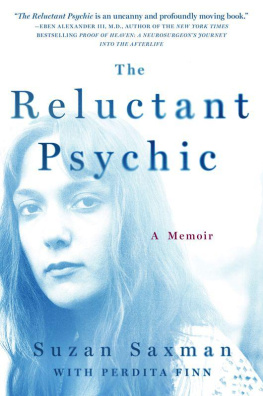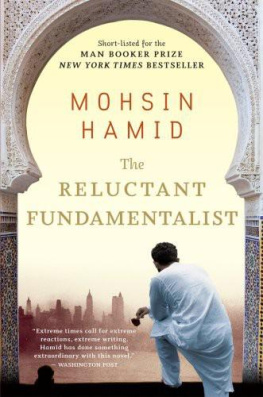Ballagh - A Reluctant Memoir
Here you can read online Ballagh - A Reluctant Memoir full text of the book (entire story) in english for free. Download pdf and epub, get meaning, cover and reviews about this ebook. City: London;UNITED KINGDOM, year: 2018, publisher: Head of Zeus, genre: Non-fiction. Description of the work, (preface) as well as reviews are available. Best literature library LitArk.com created for fans of good reading and offers a wide selection of genres:
Romance novel
Science fiction
Adventure
Detective
Science
History
Home and family
Prose
Art
Politics
Computer
Non-fiction
Religion
Business
Children
Humor
Choose a favorite category and find really read worthwhile books. Enjoy immersion in the world of imagination, feel the emotions of the characters or learn something new for yourself, make an fascinating discovery.
- Book:A Reluctant Memoir
- Author:
- Publisher:Head of Zeus
- Genre:
- Year:2018
- City:London;UNITED KINGDOM
- Rating:5 / 5
- Favourites:Add to favourites
- Your mark:
- 100
- 1
- 2
- 3
- 4
- 5
A Reluctant Memoir: summary, description and annotation
We offer to read an annotation, description, summary or preface (depends on what the author of the book "A Reluctant Memoir" wrote himself). If you haven't found the necessary information about the book — write in the comments, we will try to find it.
A Reluctant Memoir — read online for free the complete book (whole text) full work
Below is the text of the book, divided by pages. System saving the place of the last page read, allows you to conveniently read the book "A Reluctant Memoir" online for free, without having to search again every time where you left off. Put a bookmark, and you can go to the page where you finished reading at any time.
Font size:
Interval:
Bookmark:

AN APOLLO BOOK
www.headofzeus.com
 |
A fiercely honest and unvarnished autobiography from Irelands most successful and controversial living artist.
Making his name as a Pop artist in the late 1960s and 70s, Robert Ballagh quickly achieved an international reputation. With little formal artistic training, he triumphed in his field despite often formidable hostility. His work was also strikingly topical and political, playing with classic images by Goya or Delacroix to express outrage about the situation in Northern Ireland.
But it is his series of realistic portraits of writers, politicians and fellow artists often searingly inquisitive and moving in equal measure that have won him lasting fame. His subjects include Brian Friel, Seamus Heaney, Samuel Beckett, James Watson, Francis Crick, Harold Pinter and Fidel Castro. And his remarkable self-portraits unsparingly document the process of his own ageing. This memoir is also a story of Ireland over the past sixty years, its violence, hypocrisy and immobility as well as its creativity and generosity.

Frontispiece: Man with a silver earring , detail, oil on canvas, 2017
If you are reading these lines then you have either bought, borrowed or stolen this volume, an acquisition indicating a level of interest that surprises me considering my scepticism about writing it in the first place.
Let me explain. Years ago, I sent several essays that I had written on art and politics to a few publishers, wondering if they might consider them for publication. With probable justification they all rejected my efforts, but a number of them indicated that if I was to give some thought to writing a memoir they might be interested. I felt both disappointed and embarrassed. As far as I was concerned, only self-indulgent pricks write memoirs. Just look at any list of bestselling books at any given time: soccer managers, models, teenage pop stars and B-list celebrities are all telling their life stories or, to be more precise, someone else is usually telling their stories for them. The memoir today has become a fucked-up literary form driven by hubris and crass commercial interests. My late wife Betty would certainly have endorsed this negative assessment. She had no time at all for people who prattle on about their achievements. She could spot a spoofer a mile away.
Occasionally, if some windbag succeeded in persuading me of their genius, Betty would fix me with a withering stare, not unlike an exasperated teacher losing patience with a dopey pupil, and utter a dismissive, What a complete load of shite!
She not only policed the pomposity of others; she also made quite sure I didnt resort to similar self-serving blather.
For example, whenever I was interviewed on some radio or television programme, my own response afterwards was always one of relief that I had not made a complete fool of myself.
Betty, on the other hand, was always more measured, greeting me with something quite positive like, Well, that wasnt too bad, before following fairly swiftly with Perhaps a little too much of the me business .
As you can imagine, this attitude would not have made Betty a great fan of the memoir as a form: a great deal of the me business bound between two covers.
One obvious consequence of such negative attitudes to the writing of a personal narrative was that I instantly consigned the idea to the nethermost regions of my mind, which of course now begs the question, Why did it not stay there?
In truth, the explanation is simple enough. Over the last few years a steady stream of art historians and journalists have been seeking my take on various individuals that I might have encountered, and incidents that occurred in the course of the last half-century or so. What I remembered was not recorded in most official accounts of the period and some of these erudite researchers urged me to write my own story to set the record straight; usually tacking on the depressing admonition, Before its too late! As one of them said, When youre gone, youre gone and all that store of knowledge will be gone too.
Nonetheless, whether through laziness or philosophical principle, I maintained my resolve not to get involved in the memoir business.
It was only when one person introduced the hazard of moral blackmail that I finally conceded that further resistance was futile. Her argument was simple enough; she said that I had a clear responsibility to tell my story so that future generations would have access to the full facts, at least as I remembered them.
With heavy heart I began to consider the task of compiling a memoir. However, in order to avoid boring myself, the first decision I made was to shun conventional narrative: the and then school. I was born on such and such a date and then I went to school, and then I met so and so and then I did this and then I did that, and so on ad nauseam. In the words of Samuel Beckett, Mortal tedium. Instead I decided that I would recall individuals and events that proved significant in my life, write about them in no particular order and trust to fate that the unfolding narrative might make some sort of sense. So I decided to start this reluctant memoir at its end.
The end, or in my case, the beginning of the end commenced at lunchtime one fine day in March 2010, when I managed to get all shades of shite beaten out of me. Allow me to explain. For years my usual routine was to return home in the middle of the day to have a chat and a bite to eat with my wife Betty. Normally I walked the short distance between my studio in Arbour Hill and my home in Broadstone, a journey that often included a stroll through the well-maintained grounds of James Gandons masterpiece, the Kings Inns, where Irelands barristers are trained.
However, having decided to drive rather than walk on that particular day, architectural splendours were far from my mind as I turned into Temple Cottages, a short cul-de-sac of twenty-eight terraced houses, and found my way home blocked by a big white van.
Frustrated by this obstruction, I walked over to the van and asked the driver, You know youre parked on double yellow lines?
His response was curt and to the point: You think I give a fuck!
Now if I had some previous experience of such offensive behaviour I might have acted differently and simply walked away, but in all my sixty-seven years, believe it or not, I had never been involved in violence of any kind, so failed to spot the clear signs and unwisely prattled on in my best pedantic manner, Oh, thats simply not good enough. Ill have to call the Garda.
Without warning and quick as lightning he turned on me and unleashed three or four vicious jabs to the chest. I collapsed immediately into a feeble heap. The last comment I remember hearing from him was, Report that to the fucking police!
Feeling utterly broken I lay prostrate on the ground before gathering the strength to drag myself home.
When I told Betty what had happened she was incredulous at first, because she could see no evidence of the assault: no marks, no blood; but it slowly dawned on us that this guy had, in fact, exhibited a certain malicious expertise. Probably he had done something similar in the past and in all likelihood would do it again. To prevent that possible outcome I decided to go to the Bridewell police station and report the incident.
Font size:
Interval:
Bookmark:
Similar books «A Reluctant Memoir»
Look at similar books to A Reluctant Memoir. We have selected literature similar in name and meaning in the hope of providing readers with more options to find new, interesting, not yet read works.
Discussion, reviews of the book A Reluctant Memoir and just readers' own opinions. Leave your comments, write what you think about the work, its meaning or the main characters. Specify what exactly you liked and what you didn't like, and why you think so.

